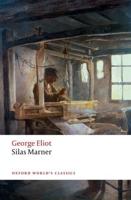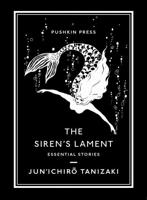Publisher's Synopsis
The Railway Revolution in Mexico is a historical account of the development of the railway system in Mexico during the late 19th century. Written by Bernard Moses, a renowned American historian and political scientist, the book provides a comprehensive overview of the construction of railways in Mexico, the impact of the railway system on the country's economy and society, and the political and social factors that influenced its growth.The book begins with an introduction to the history of transportation in Mexico, including the early use of mule trains and the construction of the first railway lines in the mid-19th century. It then explores the expansion of the railway system in the late 1800s, which was driven by the need to transport goods and people more efficiently across the country.Moses describes the challenges faced by railway companies in Mexico, including the rugged terrain, political instability, and competition from other modes of transportation. He also highlights the role of foreign investors in the development of the railway system and the impact of their involvement on Mexico's economy and sovereignty.The book concludes with an analysis of the social and cultural changes brought about by the railway revolution, including the growth of urban centers and the emergence of a new middle class. It also discusses the impact of the railway system on Mexico's indigenous populations and the challenges faced by workers in the railway industry.Overall, The Railway Revolution in Mexico is a fascinating account of a pivotal period in Mexico's history and the role that transportation played in shaping the country's economy and society.This scarce antiquarian book is a facsimile reprint of the old original and may contain some imperfections such as library marks and notations. Because we believe this work is culturally important, we have made it available as part of our commitment for protecting, preserving, and promoting the world's literature in affordable, high quality, modern editions, that are true to their original work.









